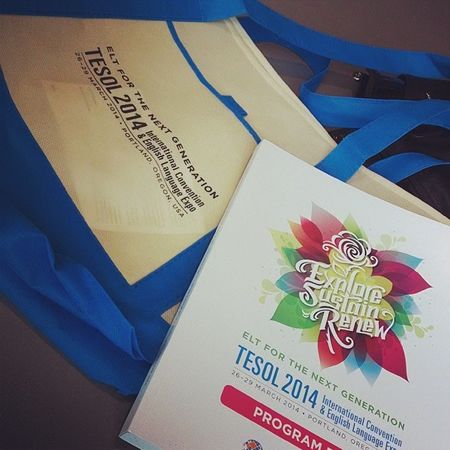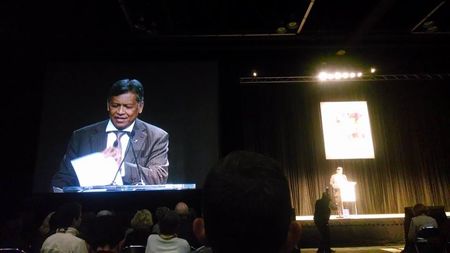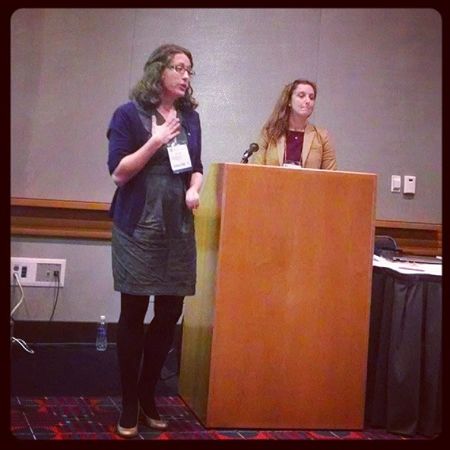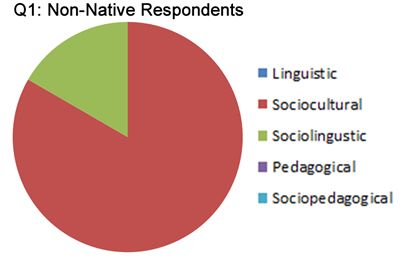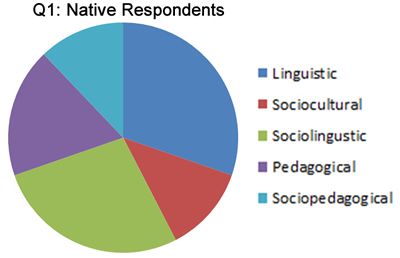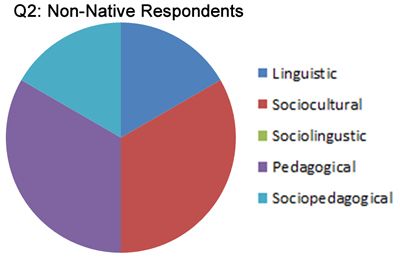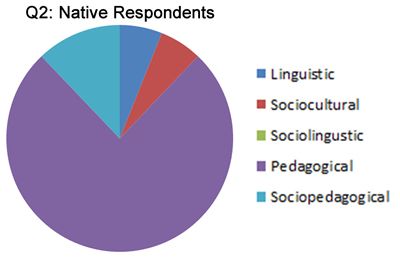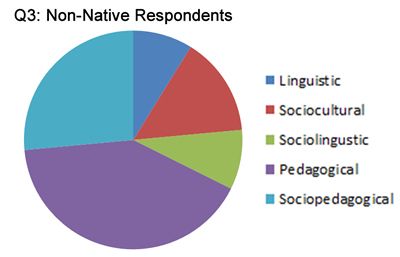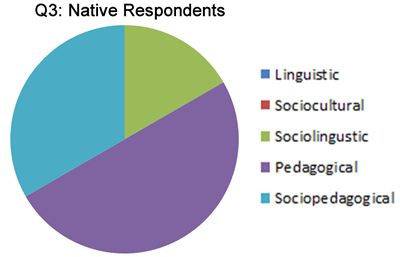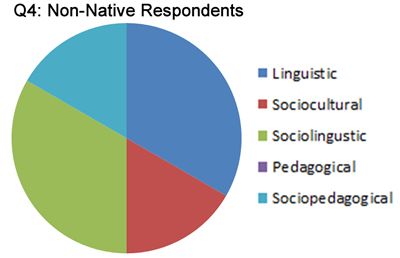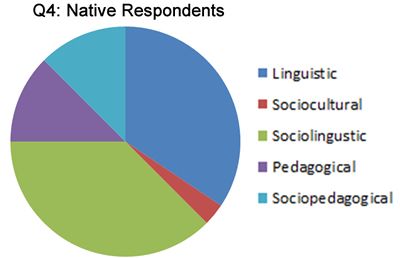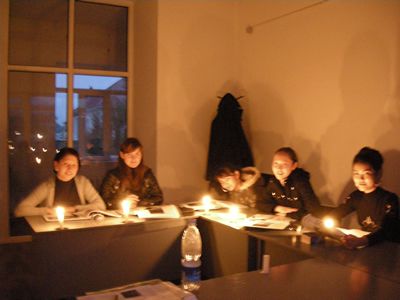There are some folks who believe that, when teaching ESL to
adults, one should avoid children’s stories. In some ways I see the point. Most
of my students already hold their Bachelor’s degrees; many have Master’s and a
couple have their PhDs. Quite a lot of my students have been working
professionals for some time now. Those who say you shouldn’t use children’s
books with adult ESL students take the viewpoint that a professional adult will
feel any range of negative emotions from reading a children’s tale: offended,
like their time is being wasted, or like they’re a failure at language (“I’m a
licensed medical doctor in my home country, but all I can do here is read kids’
tales.”). There probably is something to that – especially when students are
attending a program such as the one where I teach, which is designed to prepare
students to enter university classes in the United States. That being said,
occasionally I think one can get away with reading a fairy tale or two.
A couple of weeks ago in my intermediate reading and writing
class, we read something (and now I can’t for the life of me remember what) in
which a person wanted neither too much nor too little of something – he wanted
it to be just right. I jokingly said, “You know, like Goldilocks” and was
rewarded with 15 blank stares. I was confused, and pushed harder. “Do you know
the story of Goldilocks and the three bears?” More blank looks. I gave a brief
synopsis of the story, and light bulbs suddenly went on above the heads of my
three Latin American students. The remaining twelve, from East Asia and the
Middle East, all continued staring at me, no doubt why their teacher was
suddenly talking about a blonde girl eating breakfast in a home belonging to
bears. They probably thought they had just misunderstood.
I decided that I needed to let them read the story of
Goldilocks and the Three Bears, since it certainly is a story that nearly all
American children know, and, judging by the reaction from my Latin American
students, is spread in various forms throughout the western world. In other
words, the story is culturally relevant. I mean, I’ve heard it referenced in
astronomy, economics, and marketing to name a few. I decided to find a version
of the tale (I selected this one) and modify it to include slightly more
academic and unfamiliar vocabulary, as one of the principle goals of the
intermediate class is to increase my students’ academic vocabulary and train
them in strategies for identifying unfamiliar words from context.
The lesson went really, really well. My students got into
the story. My students who are parents clearly empathized with Baby Bear’s
discovery of his empty porridge dish and broken chair, saying that their kids
would be hysterical if that happened. My Latin American students told me that
in their part of the world, the bears eat soup, not porridge. We also discussed
what the phrase “the moral of the story” means, and my students were able to
tell me the moral of this particular story, and to discuss why parents might
choose to read this story to their kids. All in all, an excellent lesson.
If you’re interested in downloading my modified version of
Goldilocks and the Three Bears, click here.


